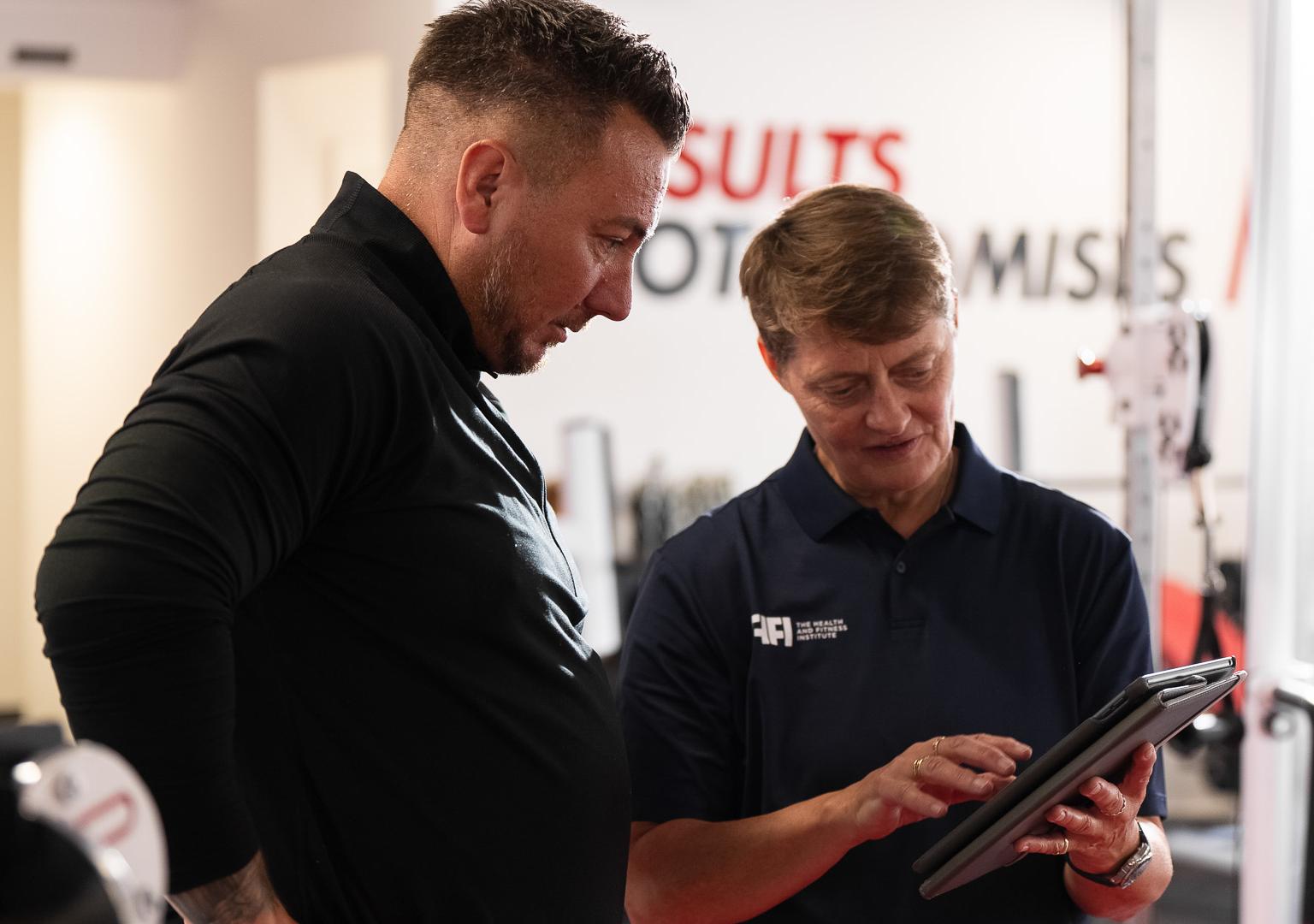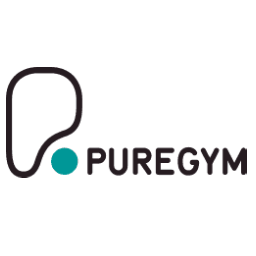How to Train Clients Who Have Recently Donated Blood

Let’s set the scene…
You’re a personal trainer and one of your clients has recently donated blood.
It’s a great gesture that has the potential to save lives, but what does it mean for you?
Will you need to pull back the intensity in their next session?
Will you be able to push them out of their comfort zone?
How long will it take for your client to fully recover?
These are all questions the best-performing personal trainers know the answer to…
In this article, we look at the key considerations you need to make before training clients who have recently donated blood or had blood drawn.
Blood Donations
Blood donations come in various forms, from whole blood donations to partial donations that target specific components like plasma, red blood cells (RBCs), or platelets. Regardless of the method, donating blood can potentially save up to three lives.
What are the side effects of donating blood?
Donating blood can lead to fatigue, dehydration, and iron deficiency. Fatigue is perhaps the most common post-donation symptom, requiring rest and a back off from physical activity. Dehydration indicators like dark urine signal a loss of fluids and minerals. That’s why it’s important to up water intake to rehydrate. Iron deficiency can also occur due to decreased haemoglobin, hindering oxygen transport to muscles. Dietary iron sources like lean meat and beans, along with vitamin C, help to replenish iron stores, while simple hydration and iron-rich foods have been shown to prevent symptoms like fatigue.
How does blood donation affect gym performance?
When a client donates blood, they naturally lose vital minerals, but the body is capable of quick regeneration. Plasma levels bounce back within 24 hours, while platelets restore within 72 hours. However, the full rebuilding of RBCs, vital for oxygen delivery, can take anywhere between four to six weeks. For athletes especially, this regeneration timeline demands strategic planning to mitigate any performance setbacks.
How can my clients maximise performance recovery?
Patience is a virtue when it comes to post-donation recovery. Research shows that performance measures typically normalise around three weeks post-donation, aligning with the timeline for RBC regeneration. However, this period of reduced capacity underscores the importance of strategic planning, especially during critical training phases if your client has very specific goals in mind.
When is the ‘best’ time to donate blood?
For athletes contemplating donation, timing is everything. Opting for off-season donations, when training intensity is lower, is the best approach although not always possible. The Red Cross's recommendation of 24 hours of rest post-donation allows plasma levels to replenish, while proper hydration and nutrition further support recovery efforts.
Blood Tests
Ever wondered if you can train right after a blood test? Unsure what advice you should give your client if they’ve recently had blood taken? We’ve got all the answers here…
How soon can my client train after a blood test?
The answer isn't set in stone, but it's important to exercise caution. It's wise to wait at least 24 to 48 hours after a blood test before you take to the gym floor with your clients. This buffer allows the body to recover from the minor trauma caused by the test and ensures your client shouldn’t be in any physical discomfort while weight training. The best piece of advice we can give you here is to ask your client about any aches or pains. Speak about their physical situation. Check they’re in the right headspace to train. After no more than 48 hours, together, decide when you should get your sessions back underway.
What type of blood tests do you need to know about?
The method of blood extraction your client has undergone influences how their body reacts to physical activity. Following a basic blood test like a complete blood count (CBC), it's typically safe to exercise right away, although we’d advise waiting at least 24 hours before engaging in intense weight training to be on the safe side. If your client has undergone a more invasive procedure such as a blood transfusion or bone marrow biopsy, they should speak to their doctor before returning to the gym.
What advice can you give your client post-blood test?
After a blood draw, make sure your client prioritises hydration by drinking water to replenish lost fluids. Rest and relaxation are crucial for allowing the body time to recover, so refrain from engaging in strenuous activities for several hours post-procedure. Especially after a more invasive blood draw. Advise your client to stick to foods rich in nutrients, including fruits, vegetables, lean proteins, and whole grains to support the overall healing process.




















